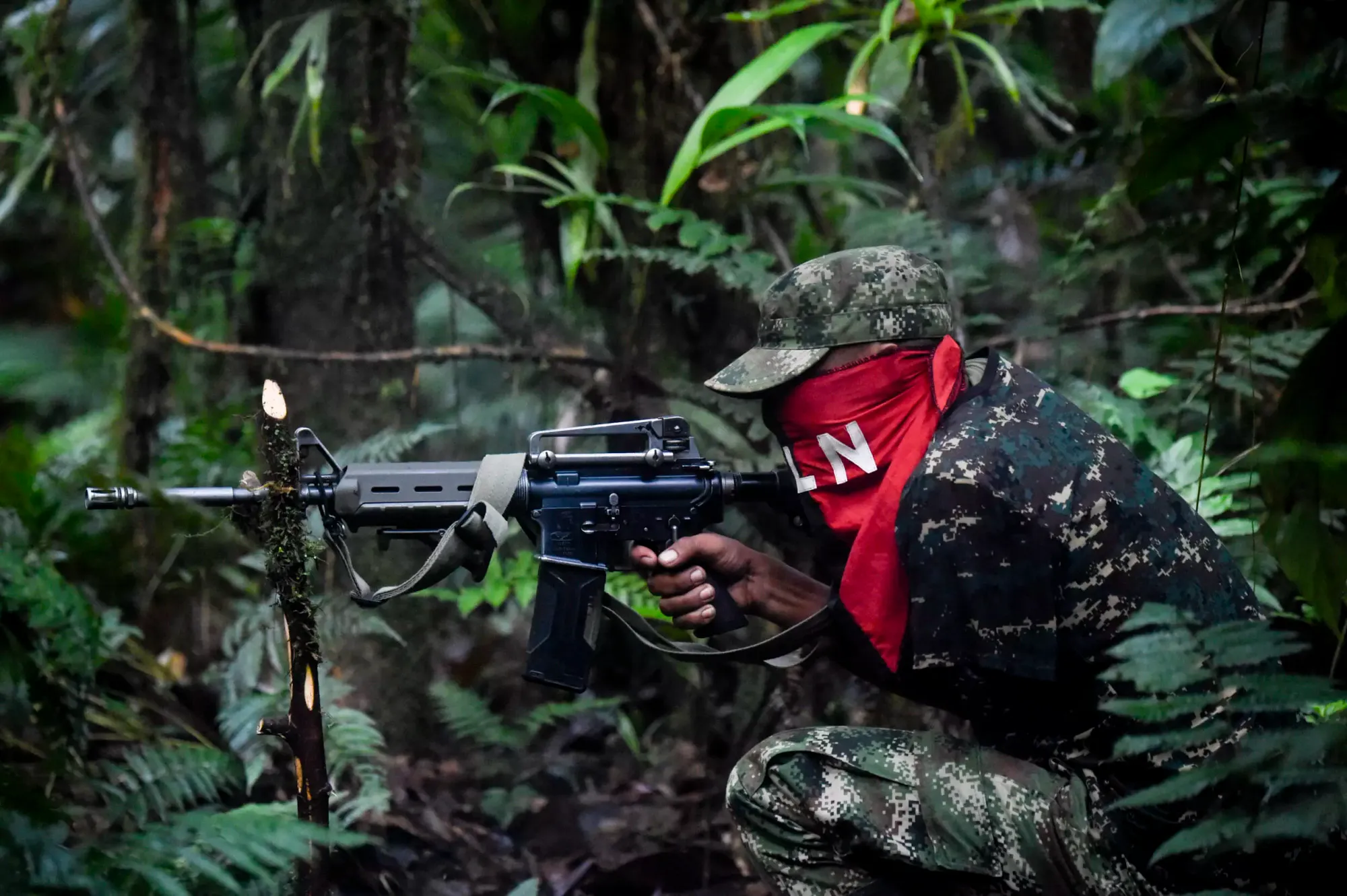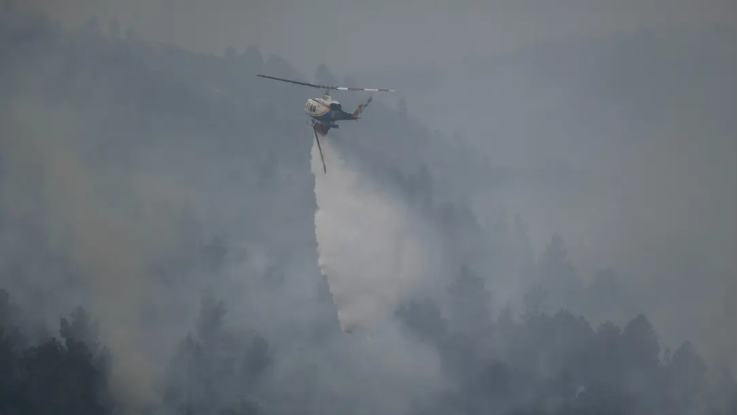Colombia: ELN Rebel Group Denies Ceasefire
Colombia's largest remaining armed group, the leftist National Liberation Army (ELN), on Tuesday rejected claims that it was part of a ceasefire agreement with the government announced by Pres. Gustavo Petro on Dec. 31.

Facts
- Colombia's largest remaining armed group, the leftist National Liberation Army (ELN), on Tuesday rejected claims that it was part of a ceasefire agreement with the government announced by Pres. Gustavo Petro on Dec. 31.
- Petro, himself a former guerrilla member, had claimed the ELN and four other major illegal paramilitary groups had signed a six-month bilateral ceasefire agreement that would include a "national and international verification mechanism" and specific conditions for each group.
- However, the reportedly 3K-strong ELN issued a statement denying a bilateral truce had been discussed and agreed upon with the government during negotiations, adding that it needed to review the proposal prior to any potential agreement.
- In response, the head of the government's negotiating team, Otty Patiño, confirmed that the decree was not yet valid, conceding that "nothing conclusive" had been reached with the ELN.
- A conditional unilateral ceasefire from Dec. 24 to Jan. 2 was announced by the armed group following the end of the first round of talks between Bogotá and the ELN held in Caracas, Venezuela on Dec. 12. The next round of negotiations is set to begin in Mexico at the end of January.
- After taking office in August, Petro, Colombia's first left-leaning president, promised to bring "total peace" to Colombia by ending the country's six-decade-long conflict that has left some 450K dead and 8M displaced – one of the deadliest internal conflicts in modern history.
Sources: Al Jazeera, El País, City Paper Bogotá, France24, Merco Press, and Guardian.
Narratives
- Establishment-critical narrative, as provided by NACLA. As Petro is busy fantasizing about a ceasefire with the ELN, the killing in the country continues. Indeed, a historic peace deal with the FARC was reached in 2016, but the vacuum has been filled by a myriad of armed groups and the ELN, while violence and coca production have only increased. To effectively combat organized crime and dry up the drug swamp, the government would have to tackle structural reforms while faced with security, logistical, and political challenges. It's doubtful that Petro will bring "total peace" to Colombia.
- Pro-establishment narrative, as provided by Americas Quarterly. There's no doubt that Petro faces a mammoth task with his plan to bring "total peace" to Colombia. The murder rate exceeds that of Mexico, and drug trafficking is flourishing as seldom before. Nonetheless, over twenty criminal and armed groups, including the ELN and FARC offshoots, have expressed willingness to enter peace talks with Bogotá. In addition, there's a pro-government majority in Congress and a population that elected Petro precisely because the stakes could hardly be higher. The task is daunting, but if Petro succeeds, it could ripple throughout Latin America.






